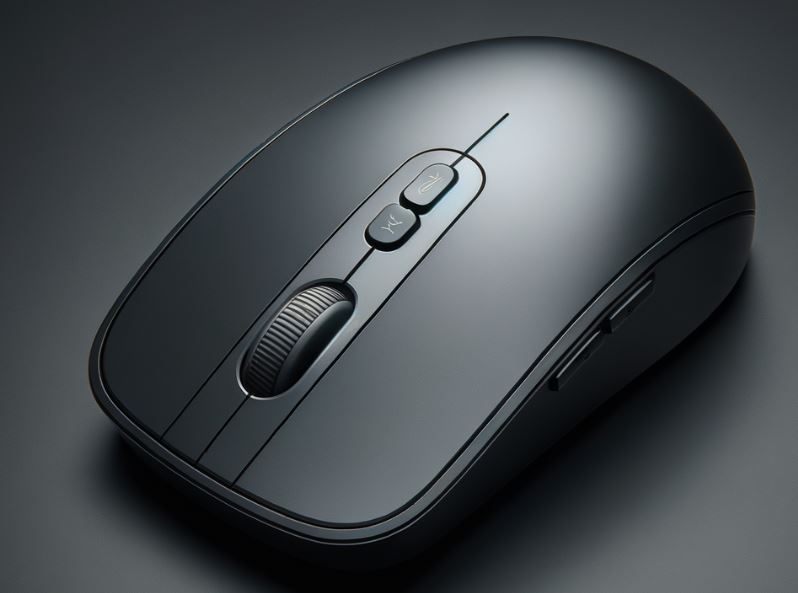The way you hold a mouse can significantly impact comfort, control, and performance over long gaming sessions. While beginners may grip intuitively, optimal ergonomics demand matching grip style to hand size and game genre. Here's a breakdown of the three most common grips.
Palm Grip
With a palm grip, the entire bottom surface of the palm and all fingers wrap around the mouse. This provides stability but restricts fine movements. Better for MMOs/RPGs where precision isn't paramount.
Claw Grip
Fingertips are lifted up, forming a "claw" with the palm resting on the back. Offers mobility while maintaining support. Best all-around grip for shooters and MOBAs valuing speed and accuracy.
Fingertip Grip
Only the fingertips are in contact, hovering the mouse. Tension requires smallest movements but provides ultimate precision. Suited for rapid target snapping in competitive FPS games.
Determining Your Grip Style
Try the following to identify your natural grip:
- Relax fingers and observe where hands make contact.
- Check for finger lifting or full palm contact at the back.
- Consider if grip hinders micro-adjustments or fast swipes.
Optimizing Your Grip Ergonomically
Use these tips to refine your grip healthily:
Claw Adjustment
Lift fingers higher for fullest mobility within claw range.
Fingertip Relaxation
Don't tense fingers overly – just hover without straining.
Arm Positioning
Keep forearm parallel and elbow tucked in for supported control.
Wrist Alignment
Sit tall and avoid angling wrist left/right which risks injury.
Take Breaks Frequently
Stretch, stand up and walk around every 30 minutes to relax muscles.
Matching Your Grip to Mice Ergonomically
Consider grip type when choosing a mouse allowing natural supported movement range:
- Palm mice – Large, full shell suits
- Claw mice – Medium shell, side grooves fit fingers
- Fingertip mice – Small, contoured for fingertip only contact
Refining Control Through Practice
With proper ergonomics and equipment tailored to your grip style, consistent gameplay helps develop full muscle memory and precision over time.

